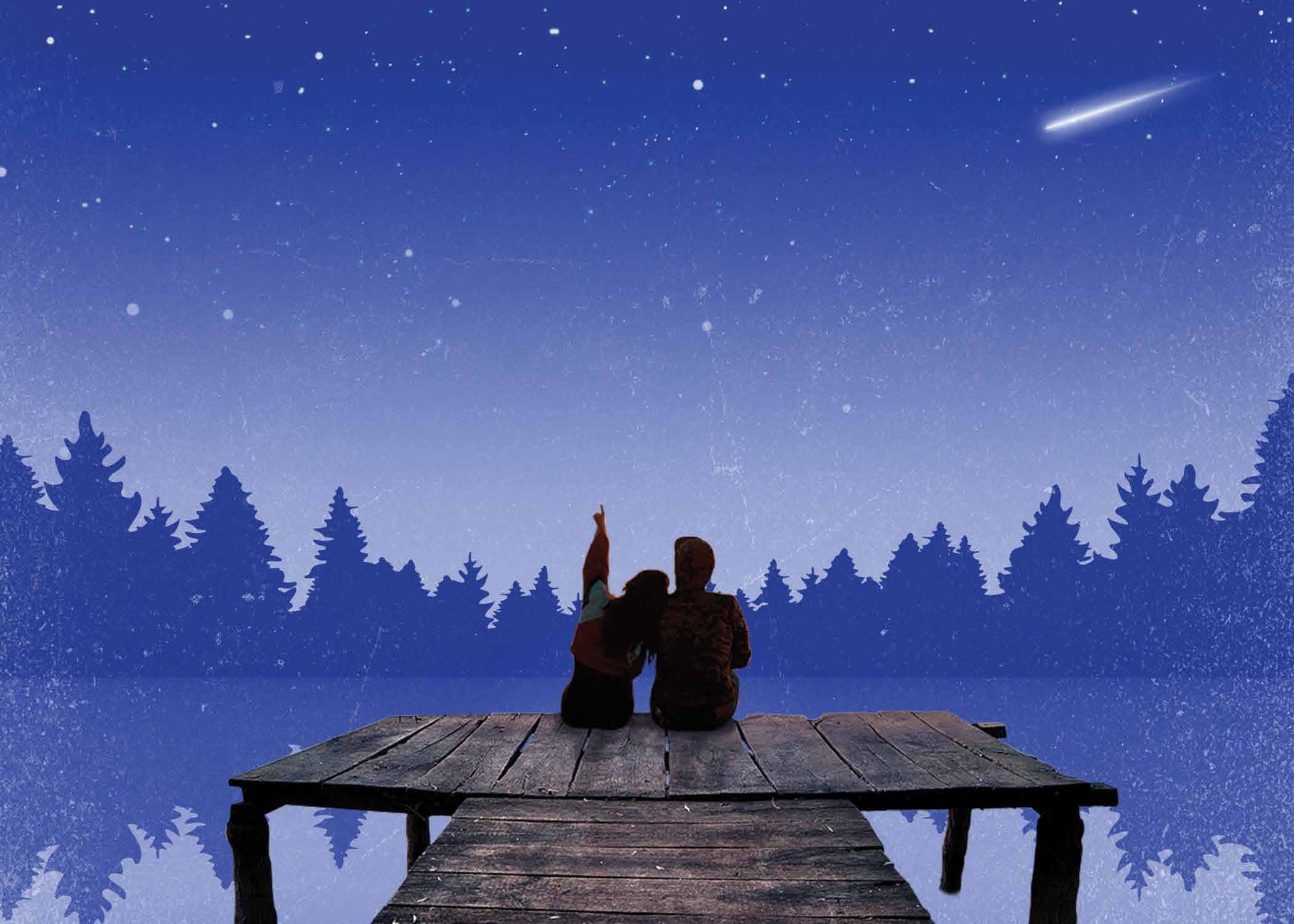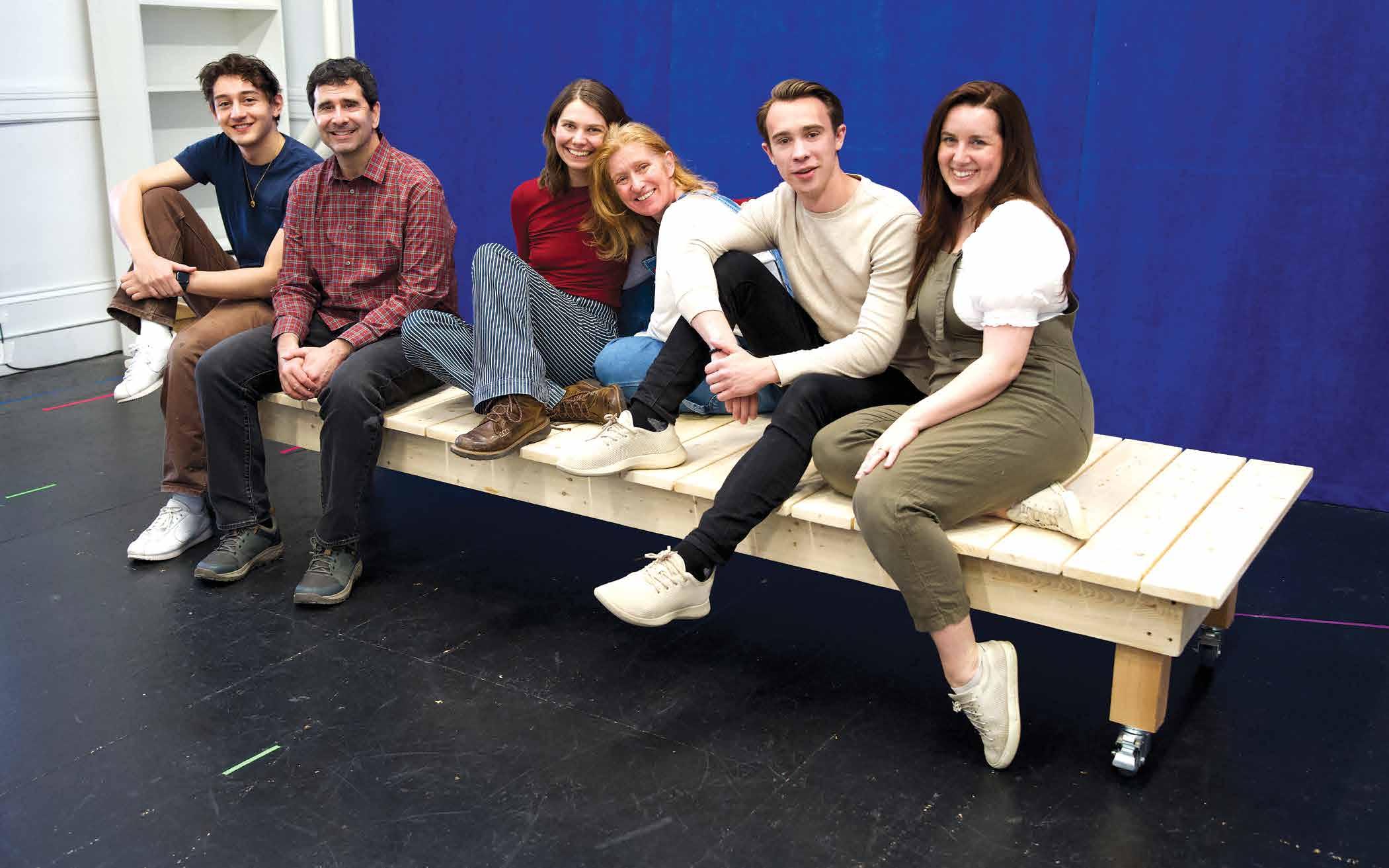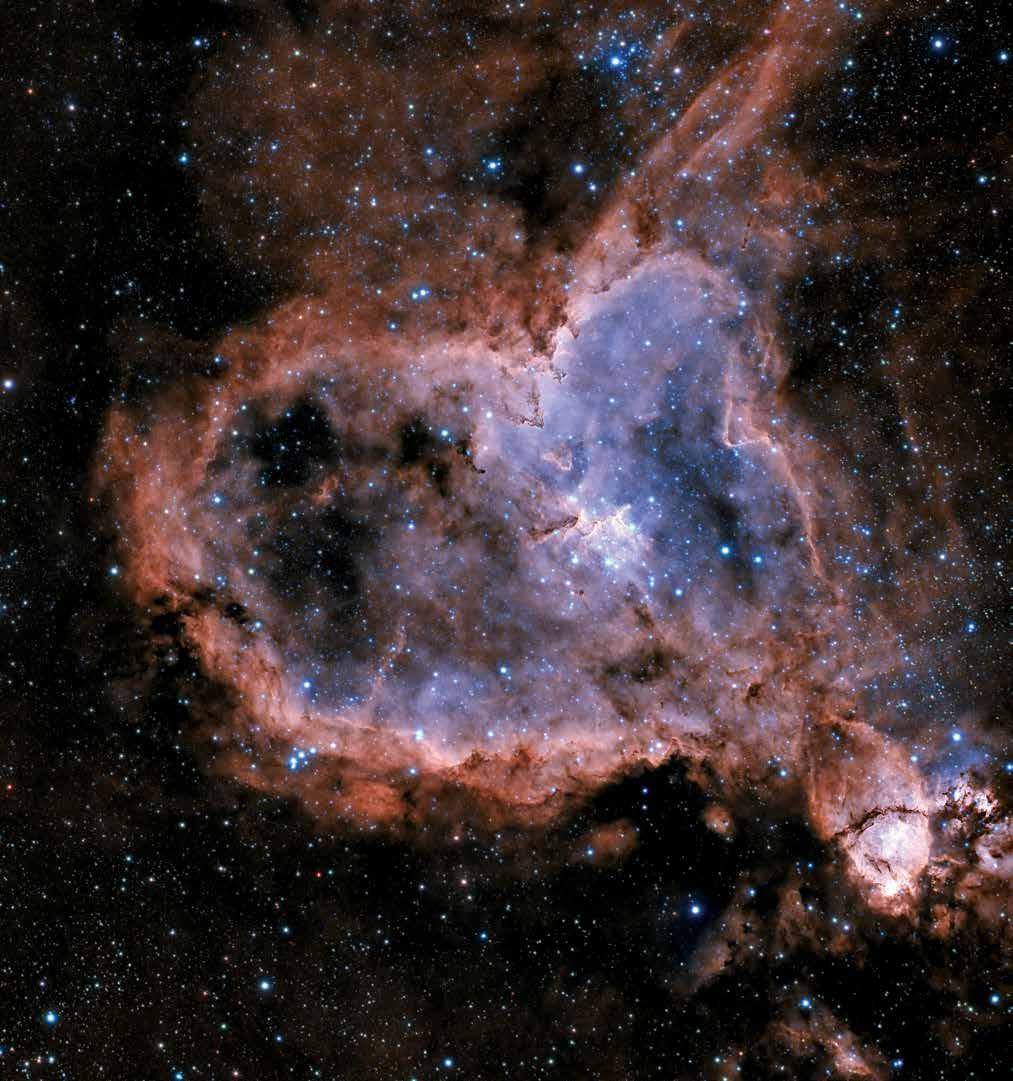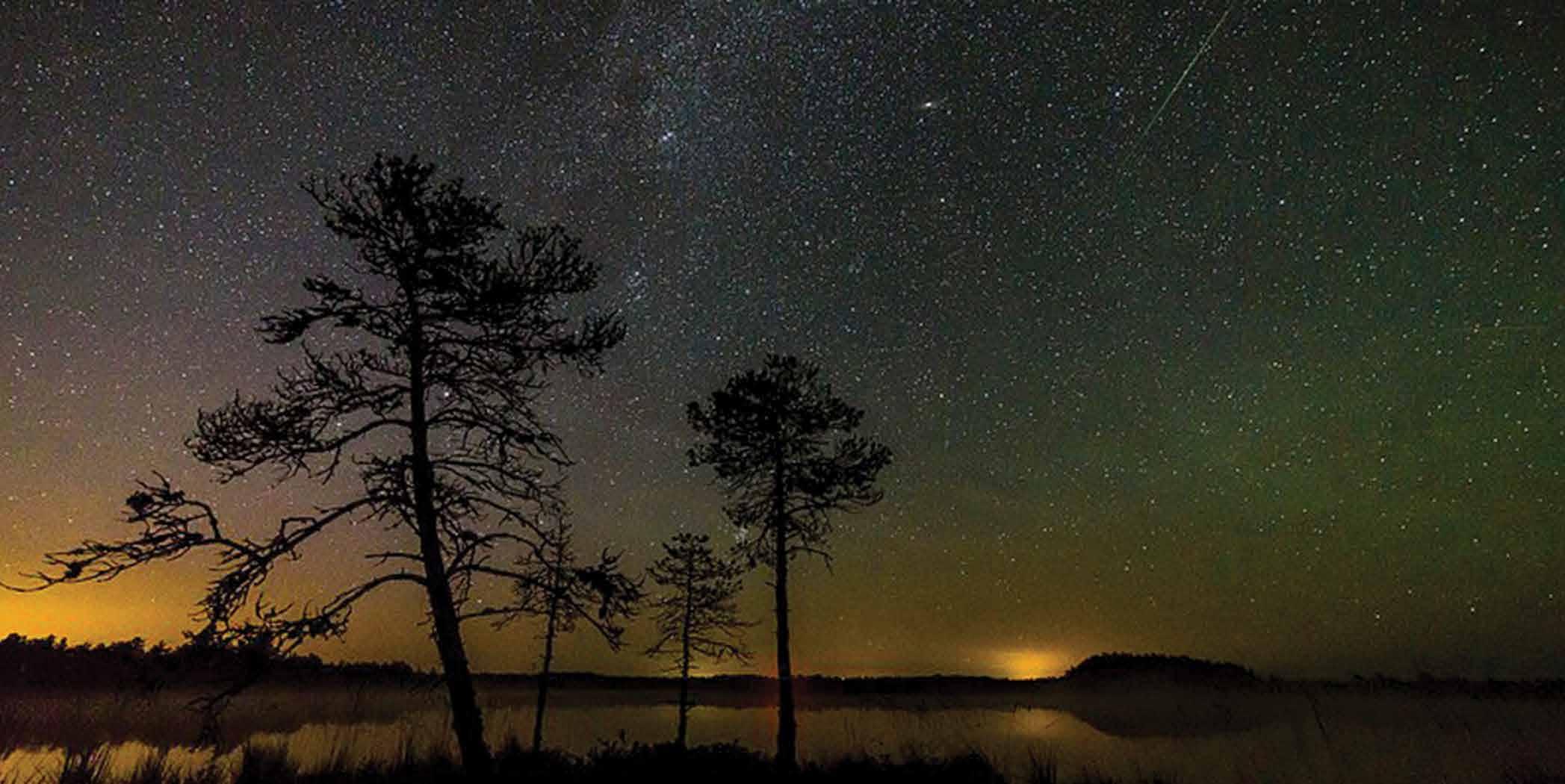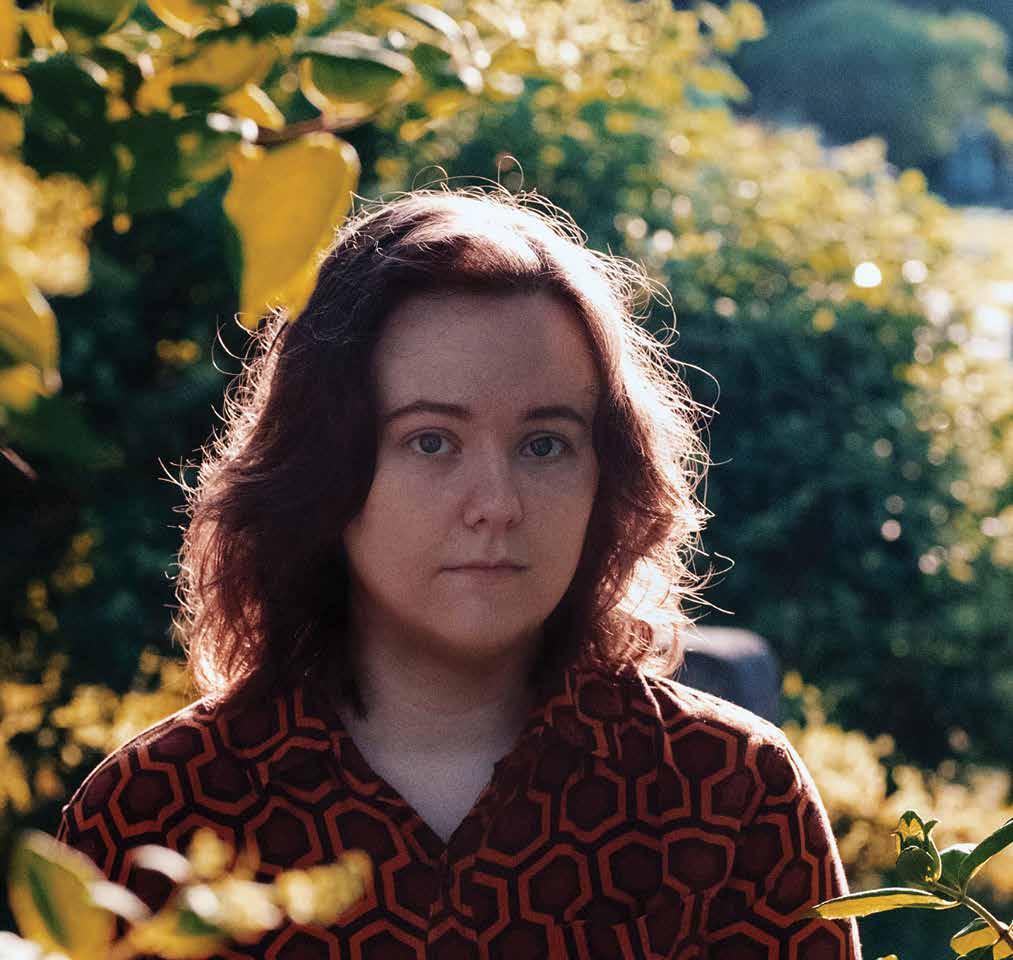
6 minute read
An Interview with the Director and Playwright: Sally Wood and John Cariani
Edited for length and clarity by Micki Demby Kleinman
Micki Demby Kleinman sat down with director Sally Wood and playwright John Cariani and spoke about their dynamic artistic collaboration, creating new plays, and the appeal of short-form stories.
Micki Demby Kleinman (MDK): You two have a longstanding artistic relationship and have worked on many plays together here at Portland Stage. How did this collaboration and friendship begin? How has it changed over time?
John Cariani (JC): Oh, I saw The Drawer Boy back in 2010. And I went to Anita [Stewart, Artistic Director] and I said, “Whoever directed that play is who I want to direct my new play [Last Gas].” And she said, “That's Sally Wood.” That was it.
Sally Wood (SW): That's so funny, you never even had laid eyes on me.
JC: No, but I had heard good things, you know, from other people. I saw that production. I was like, this is some of the clearest storytelling I’ve seen in the theater in a while… And then we met and we liked each other. Loved each other. Then we got to work and Sally just went at the script of Last Gas—like, really interrogated it— and gave it shape and momentum and helped it become a really good play. That was my first full-length play, Last Gas, and Sally had to really help me make that play work.
MDK: How many plays have you guys worked on together?
SW: Four, right?
JC: Last Gas; LOVE/SICK; cul-de-sac ; Almost, Maine; and this one. So five.
SW: Whoa! That's a lot.
MDK: John, what inspired you to write this play?
JC: I honestly don't remember. These are old plays. These are short plays of mine that have been kicking around in colleges and universities that people will do for scene work. And I guess my publisher would get requests for some of these plays and my publisher would ask me what these orphan short plays were all about… And I explained that they were these short plays that I wrote when I was writing Almost, Maine, but they didn't really belong in Almost, Maine. I think I may have said, “They kind of stink,” and my publisher said, “Put them together and finish them and make them not stink,” basically. These plays have been sitting on a hard drive for a long time, and they kind of gnaw at me, my orphaned plays. And then my friend Elizabeth Guffey did one of these short plays at a short play festival in Freeport, and I told her there were more where that play came from, and she said, “You should work on those!” And then I gave them to Dan Burson [former Portland Stage Literary Manager], and Dan was like, “Yeah, I think there's something here.” And then I told Todd [Brian Backus, current Portland Stage Literary
Manager] and Anita about it, and next thing I knew, they were scheduling this new collection of plays for Little Fest[ival of the Unexpected]. I don't know if I would have trusted this collection of plays to be ready for Little Fest, but they knew that if they scheduled it, I would work my butt off to get it ready. And they told me I needed to, and I did. Side note: the plays in Darker the Night, Brighter the Stars are not at all what they once were! I have worked my butt off to make them worthy of being at Portland Stage!
Short answer: Northern Maine. I love where I’m from and the people who live there. That place and those people made me who I am. Think John Mellencamp’s “Small Town.”
MDK: Sally, I know that you work on a lot of world premieres and new scripts. What is it like as a director to work on a published play versus to develop a new play?
SW: You know, some playwrights are just not into Sally Wood, and that's okay. Some playwrights don't really want someone to come in and meddle with their work, and I totally get that. They probably workshopped it a thousand times and they're just done. That is my least favorite kind of scenario because they don't actually want input. It's funny, I find myself straining against already published plays because I'll see things and I'm like, oh man… I have a good relationship with John, a good relationship with Monica [Wood]. With people who I've worked with for a while, you get a shorthand… I'm way more mouthy in a way that I’ve never done before where I'm like, “Look—”
JC: She says things like, “I got a big one—a big change for you to make—” and she'll look at my face and realize that I might not be up for it and say, “We're gonna do it later.” Or if I look up for it, she'll say, “You ready?” And I go, “Yep, okay?” And then she works her Sally magic on my play— which usually means cutting, cutting, cutting.
MDK: Sally, what is it like to direct a play while the playwright is in the room with you?
SW: Well, it depends. You know, John is so great because, by having John in the room, the actors are basically seeing a case study on one of John's characters. Because you [John] write the way that you speak. Also, there's something magical because John's not only taking ideas that I'm throwing out, but what the actors are throwing out. And that never happens, actors so rarely are allowed any kind of artistic space for that. Like, in a lot of cases, they are the puppet, you know what I mean? And it's just like, you fit the costume or whatever, this is the way so-and-so did it or whatever. And [with John] you just see [the actors] kind of open up, and I think that's remarkable. And some stuff isn't gonna be the way that John pictured in his head. Some stuff isn't gonna be the way that I pictured in my head. Because that's not the rehearsal room that we have now. We've got strengths that we didn't know we had, and we have some areas that aren't as strong as they are in my brain, and that’s okay. I can spend the entire rehearsal process trying to get people to do the play that's in my head, but that's so not interesting.

MDK: The structure of this piece is in some ways similar to your other plays, such as Almost, Maine or LOVE/SICK , where there are stand-alone plays within a larger universe, or connected somehow. Why are you drawn to this structure?
JC: I just love the short form. I love short plays, I love short stories, I love short films, and I love songs. I love how efficiently they do what they do. I don't love novels and I don't love long movies, and I don't love very many long plays that I see. I hate to say it, but they're not committed to the form or the story they’re telling–they're committed to…I think whatever the creator wants to say more than they are to what the creator is making. I think short-form art is committed to what it’s doing, the story it’s telling, and to doing everything as efficiently as possible. And I'm just interested in that efficiency in what it does for storytelling, I guess that's what I would say.
SW: And I think it's just an accident, too. There was a vision for four actors in Almost, Maine when it started. When it began to propagate everywhere else, then it became a play for 20, you know what I mean? People want those plays. Well, it's remarkable if you're trying to find something with a big group of people, how to not have a play that is a star vehicle for two roles and everybody else has got their two seconds. A play like this, everyone's got their ten minutes. That's really such a gift, you know, especially if you've got a bunch of college students that you're like, hey, I want to give everybody something to sink their teeth into.
MDK: There's a lot going on in this play, a lot of characters and a lot of different storylines. I'm just wondering, what do you hope that the audiences walk away with after seeing the play?
JC: Just knowing—remembering—that difficulty and beauty and happiness and pain can exist all at the same time, and that extraordinary things happen to ordinary people. Extraordinary isn’t owned or bought. It’s for everyone.
SW: It's funny. I keep hearing what you said at one of the Bates [College] talks, which was “queer, rural, and happy.” To have the girl from Walmart be able to have a happy ending feels outstanding to me. I just hope that people will turn to each other when it's over and be like, “There's so much to be happy about.” If we're just a tiny bit lucky, we can find it. And if it starts conversations, that's a million times better, too.


